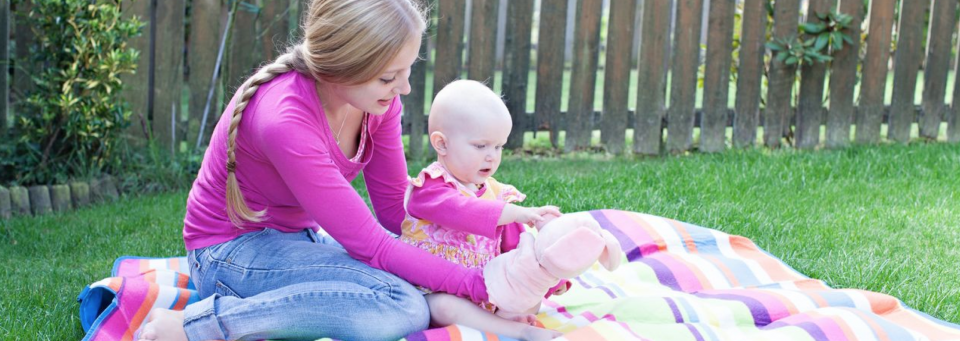Frequently Asked Questions
Below are a variety of FAQs compiled by The International Au Pair Exchange (TIAPE). For additional information or questions, please contact us at 844-820-8040.
What makes a skilled au pair different from a regular au pair?
A. Skilled au pairs, unlike most regular au pairs, have university/vocational degrees or significant experience relating to childcare-related fields including early childhood education, teaching and pediatric nursing. They are also usually older, more mature and more experienced than regular au pairs.
What is the difference between a skilled au pair and a nanny?
A. Skilled au pairs typically have university degrees, come to the U.S. from abroad on a J-1 visa, and provide up to 45 hours per week of live-in childcare. A nanny is a private childcare provider who may or may not have a degree and typically does not live with a family. A nanny is typically paid an hourly wage and may be subject to benefits such as overtime, healthcare, and payroll taxes.
Do all au pairs speak English?
A. Yes. TIAPE representatives screen all au pairs to ensure they are proficient in spoken English – this is a minimum requirement for program participation.
Are male au pairs available?
While a majority of au pair applicants are female, male au pair candidates are encouraged to apply to the program and may be available.
Can an au pair care for a child with special needs?
Yes, an au pair may be placed with a family who has a child with special needs. However, the au pair must have previous documented experience caring for special needs children, and the host family must sign an agreement indicating that they both recognize and accept the au pair’s level of experience. For professional au pairs with extensive experience in special needs care or therapy, we work closely with PROaupair another au pair agency designated by the US Department of State.
Can two families share one au pair?
No. Under U.S. Department of State guidelines and the terms of the TIAPE program, au pairs are required to live with and provide childcare assistance to only one family.
Do I need to pay taxes for my au pair?
While au pairs are employees of the host family and receive a weekly stipend, the stipend is paid for domestic service in a private home and as such is not subject to mandatory U.S. income tax withholding.
What is the educational component of the program?
While in the U.S., au pairs are required to complete at least six semester hours of credit at an accredited post-secondary institution. Host families agree to provide au pairs with up to $500 towards completing the education requirement.
Can au pairs drive?
Yes. Almost all skilled au pairs drive, which is a key benefit of the au pair program. Generally, they are licensed to drive in their home country and come to the U.S. with an international driver’s permit. Families are required to provide the appropriate coverage under their car insurance and help their au pair adjust to driving in the U.S. TIAPE also recommends they check with their local DMV for any state-specific requirements for a local driver’s license.
What if there is an emergency?
TIAPE maintains a 24-hour a day, 7 day a week support line in the event of an accident or other situation involving the health, safety or welfare of an au pair. If you have an emergency, please call 844-820-8040 and follow the prompts.


